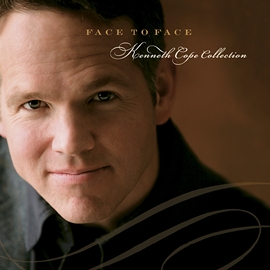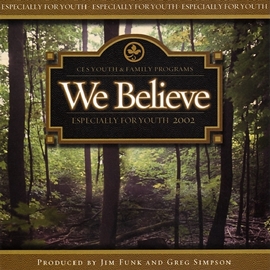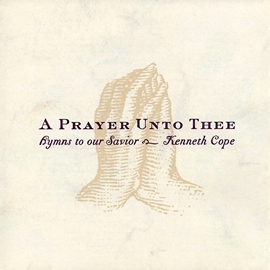 The Lord revealed these words to the Prophet: “I say unto my servant Joseph…you are my [friend]” (D&C 93: 45). How glorious!—the Master calling His servant His friend! And Joseph certainly remembered similar words of the Lord to His ancient apostles: “Ye are my friends….Henceforth I call you not servants; for the servant knoweth not what his lord doeth: but…all things that I have heard of my Father I have made known unto you” (John 15: 14-15). Sobering were the words that followed: “…because ye are not of the world…the world hateth you. Remember…The servant is not greater than his lord. If they have persecuted me, they will also persecute you” (John 15: 19-20). And Joseph Smith was persecuted. He had to flee for his life from mobs, from threatened death, from state to state. And for what? For his religion!
The Lord revealed these words to the Prophet: “I say unto my servant Joseph…you are my [friend]” (D&C 93: 45). How glorious!—the Master calling His servant His friend! And Joseph certainly remembered similar words of the Lord to His ancient apostles: “Ye are my friends….Henceforth I call you not servants; for the servant knoweth not what his lord doeth: but…all things that I have heard of my Father I have made known unto you” (John 15: 14-15). Sobering were the words that followed: “…because ye are not of the world…the world hateth you. Remember…The servant is not greater than his lord. If they have persecuted me, they will also persecute you” (John 15: 19-20). And Joseph Smith was persecuted. He had to flee for his life from mobs, from threatened death, from state to state. And for what? For his religion!
Brigham Young asked: “Did they hate [Joseph Smith] for his evil works? No. If he had been a liar, a swearer, a gambler, or in any way an evil doer, and of the world, it would have loved its own, and they would have embraced him….If he had been a false prophet they never would have lifted a hand against him” (Journal of Discourses, vol. 1, p. 40; vol. 4, p. 78).
Joseph said: “Although I do wrong, I do not the wrongs that I am charged with doing; the wrong I do is through the frailty of human nature, like other men” (History of the Church, vol. 5, p. 140). “I never told you I was perfect; but there is no error in the revelations which I have taught. Must I then be thrown away as a thing of naught?” (Ibid., vol. 6, p. 366)
The adversary was aware that Joseph was destined to prove a disturber and an annoyer of his kingdom; else why should the powers of darkness combine against him? (Joseph Smith-History 1: 20) Joseph explained: “It has been the plan of the devil to hamper me and distress me from the beginning, to keep me from explaining myself to [the Saints]; and I never have [as yet] had opportunity to give them the plan that God has revealed to me” (History of the Church, vol. 3, p. 286).
Since his first vision, the trouble came. And yet, whether in peace or in persecution, it was again his family who felt it the greatest. At times, it seemed that the very jaws of hell had opened wide after him. He was thrust from his loved ones by the sword, dragged to prison, and the enemies of truth prowled around him like wolves for his blood.
Meanwhile, his family could never be sure of his return. And so the moments of parting were the most trying of all. Of one such occasion, Joseph recorded: “When I entered my house, [my wife and children] clung to my garments, their eyes streaming with tears….I requested to have a private interview with them a few minutes, but this privilege was denied me by the guard….Who can realize the feelings which I [then] experienced…to be thus torn from my companion [and children], and leave [them] surrounded [by] monsters in the shape of men….I felt overwhelmed…and could only recommend them to the care of that God whose kindness had followed me to the present time, and who alone could protect them, and deliver me from…my enemies, and restore me to my family” (Ibid., vol. 3, p. 193).
The Lord instructed Joseph with these words: “If thou art called to pass through tribulation…know thou…that all these things shall give thee experience, and shall be for thy good” (D&C 122: 5-7).





















